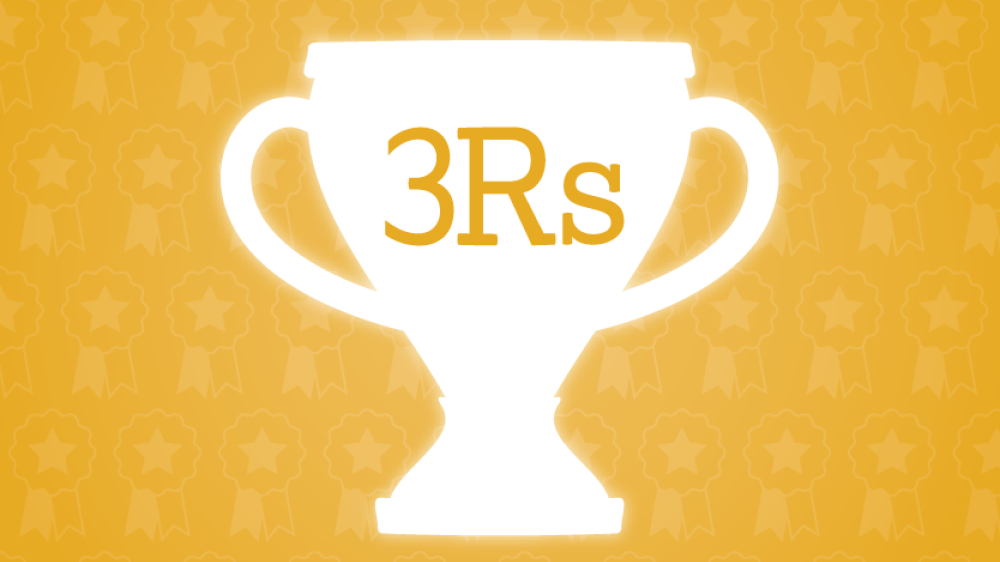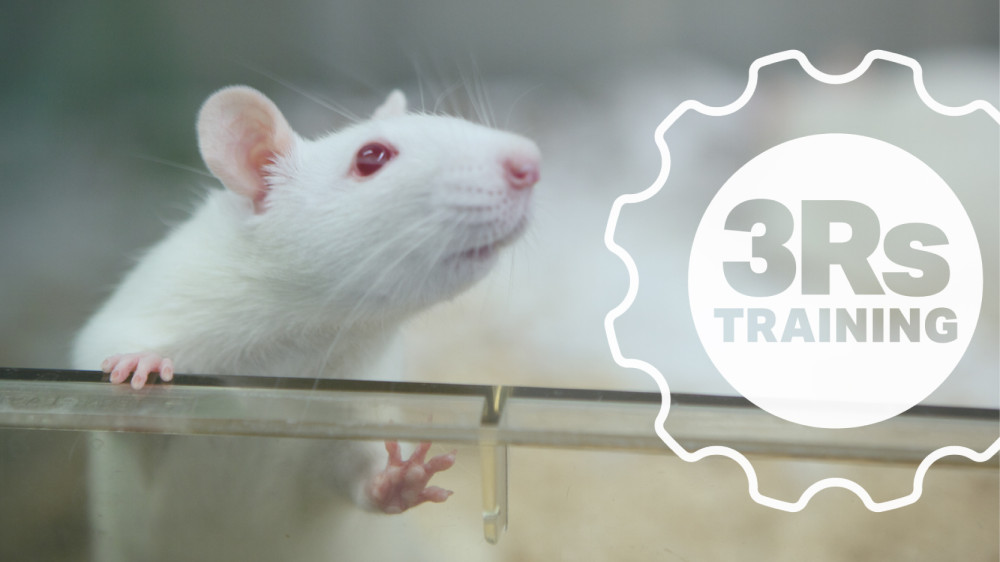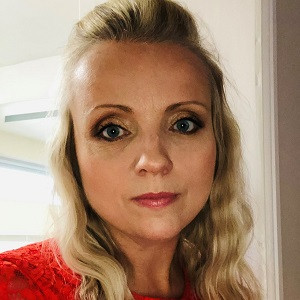3Rs Champions: Driving 3Rs aspirations towards reality

Dr Ellen Forty, speaks to individuals across three UK research establishments about the unique focus the role of a ‘3Rs Champion’ brings to their local research environment.
The UK is lucky to benefit from a vibrant 3Rs community of committed individuals whose combined efforts have directly contributed, over the past 20 years, to it becoming much more common place to see the 3Rs high on the agenda of research institutions. A plethora of tools, guidance, resources and basic research are available to support 3Rs progress in an institution from the top-down (e.g. following an institutional framework for the 3Rs), bottom-up (e.g. researcher-led alternatives, welfare programmes) and even side-ways (e.g. research integrity/culture etc). You can now systematically check your progress towards hitting your 3Rs goals by benchmarking establishment-wide or research-group level 3Rs activities using the 3Rs Self-Assessment tools.
But how do we ensure these efforts are realised? That efforts are recorded, recognised and other interested groups are aware of them? And that this happens for every 3Rs activity in an institution?
I spoke to three individuals from establishments across the UK driving aspirations towards reality through establishing a ‘3Rs Champion’ role. While the role looks different at each establishment, I noted some common themes, with the role embodying a focal point and driving force for 3Rs activities; having scope to seek out and share relevant internal and external 3Rs opportunities; and broadening the 3Rs narrative outside of the traditional in vivo research community.
Related
We regularly deliver free 3Rs training in person and online, covering a range of topics including animal research ethics and experimental design. Visit our training pages to find out more.




